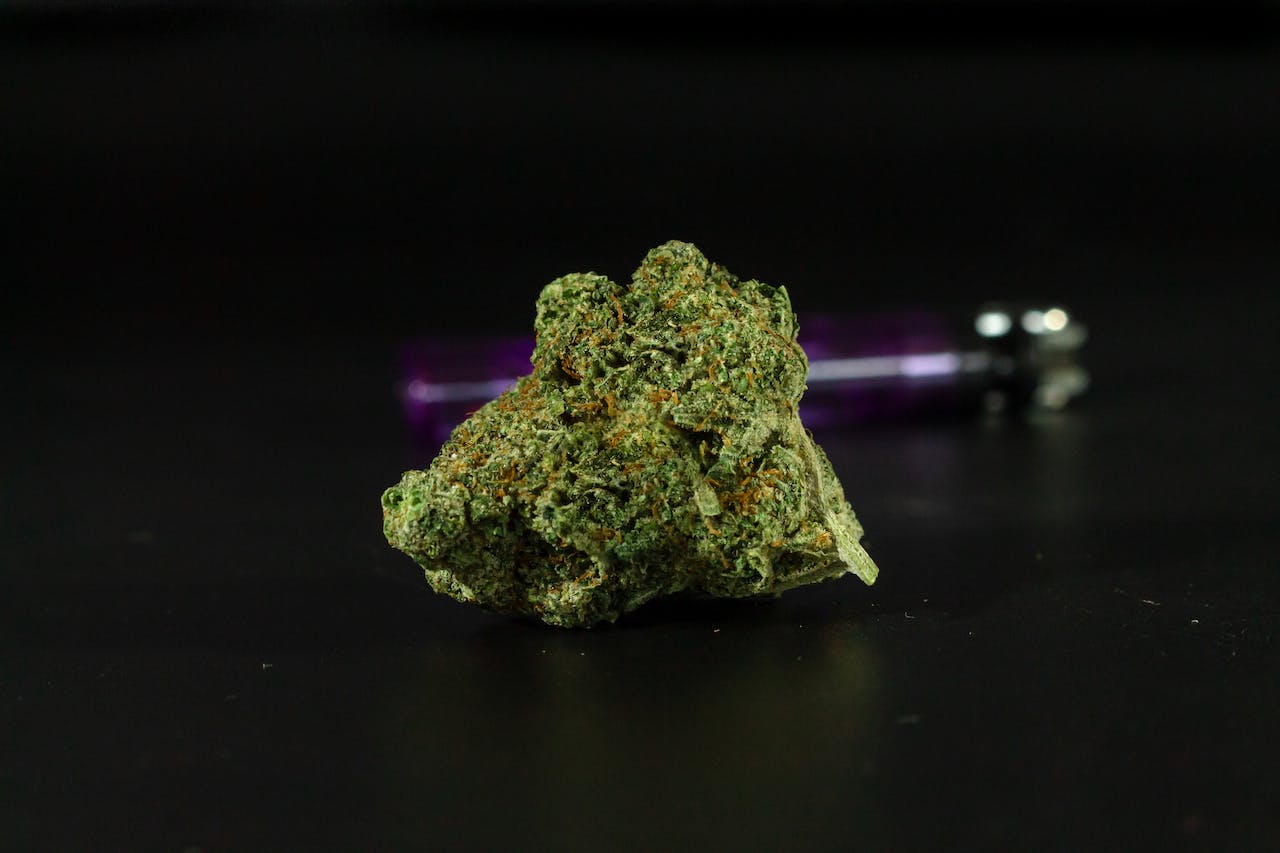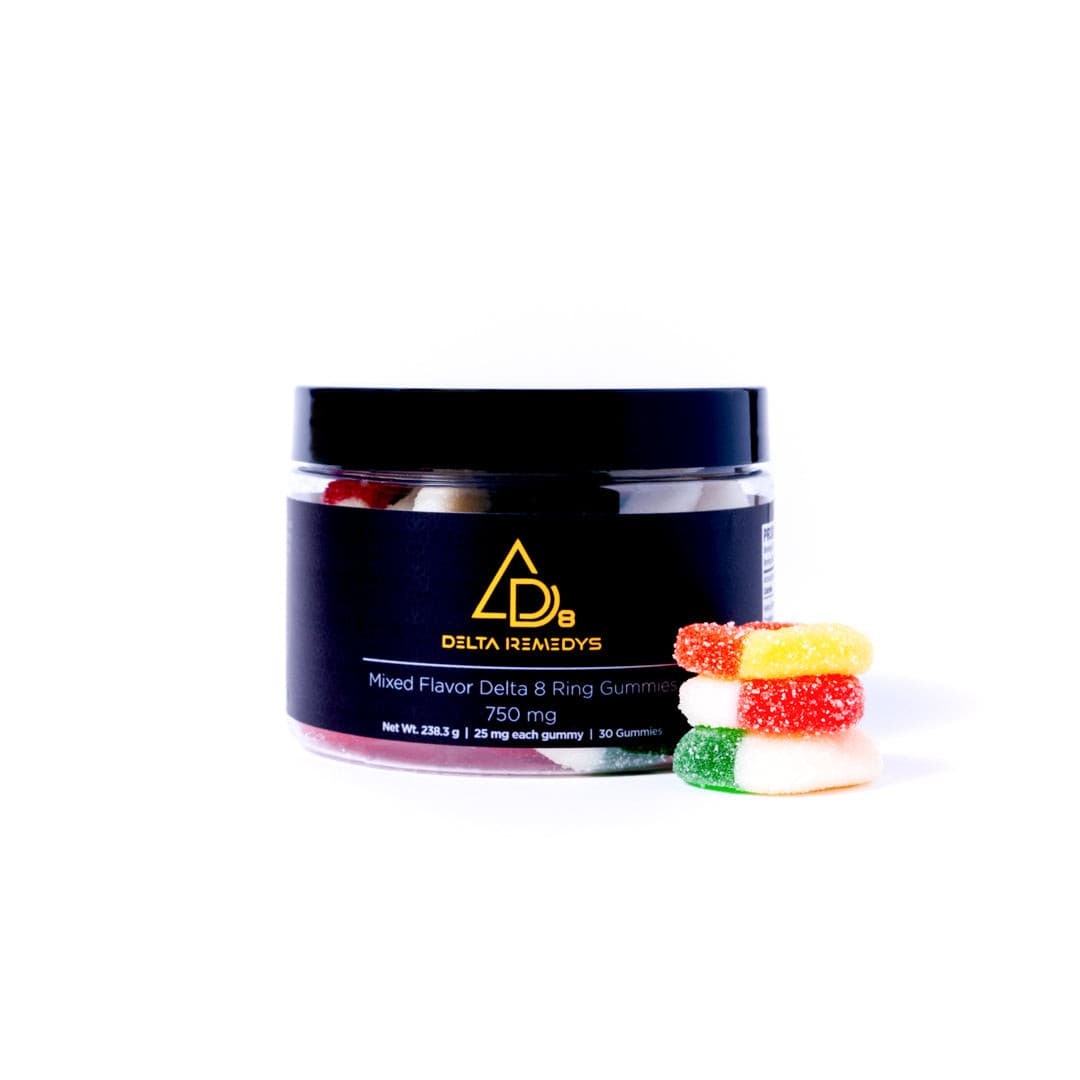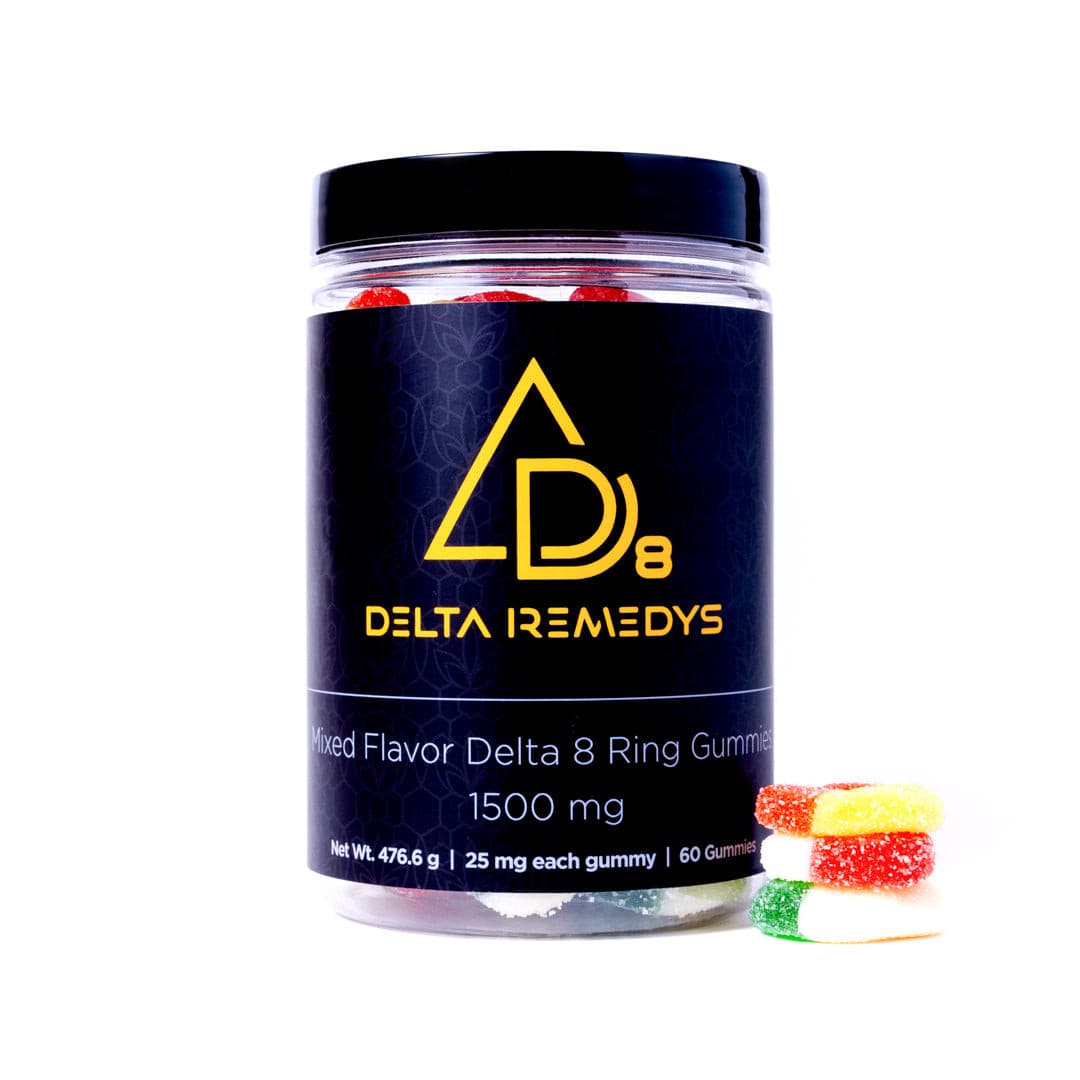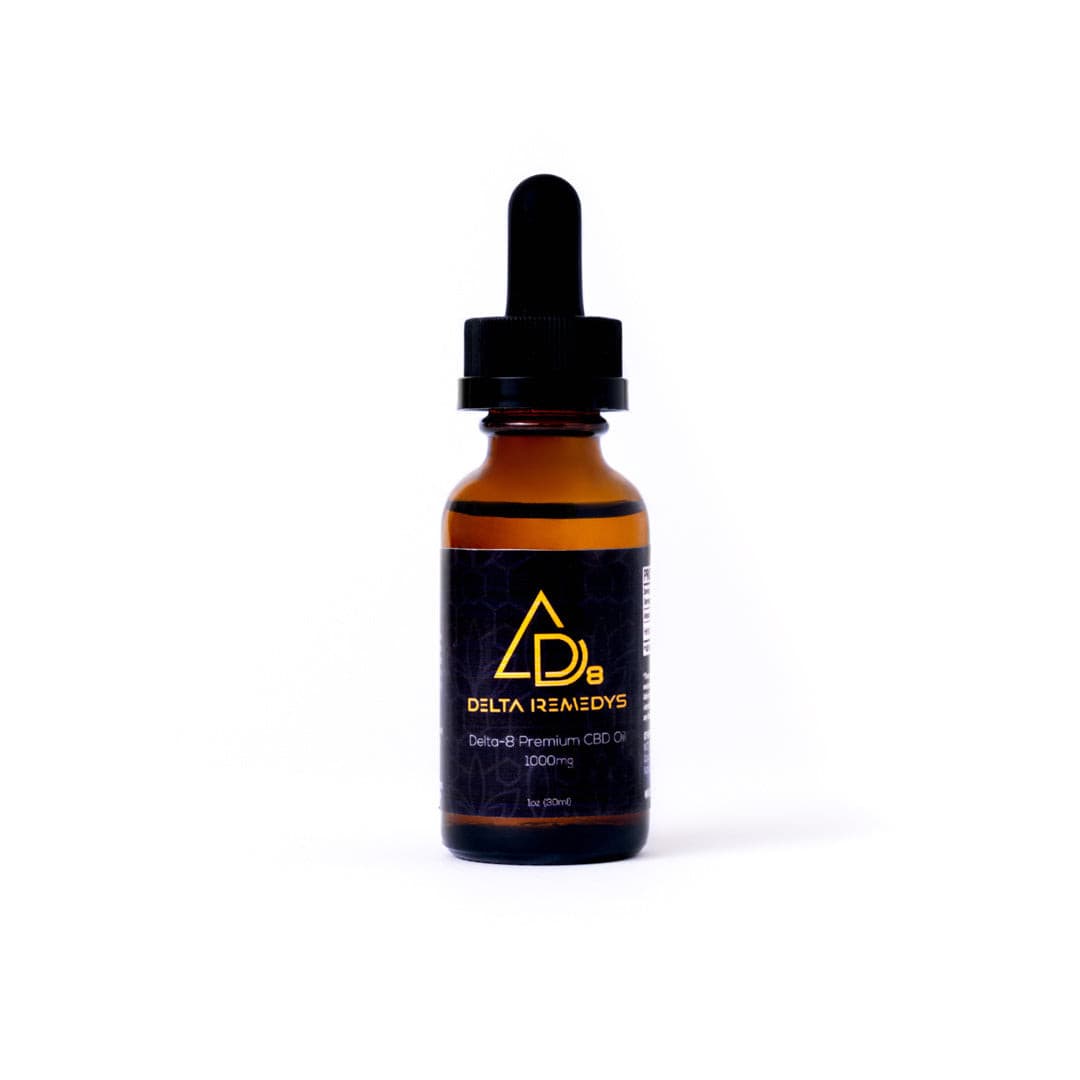After the massive commercial success of Delta-8 THC, the cannabis industry has uncovered other hemp-derived cannabinoids that can compete with the big brother Delta-9 THC. But the world has been recently introduced to a very new bomb cannabinoid. Yes, THCP is what we’re talking about!
Tetrahydrocannabiphorol, also known as THCP, is yet another subtype of THC that has just been discovered. Nevertheless, it is only present in the cannabis plant in minute quantities. This is why many individuals are completely unaware of this extraordinary chemical.
Researchers have shown that THCP has the potential to be 30 times more potent than standard THC (Delta-9). From pain relief to mood enhancement, its potential uses are being investigated due to the possibility of more significant advantages. For the time being, this cannabinoid is legal so long as it is hemp-derived. But, at the same time, its psychoactive properties may cause its legal status to change down the road.
This post will discuss what makes this recently identified cannabinoid special, its possible medicinal effects, benefits, and current legal standing.
Read on!
THCP – What is it?
Like Delta-9 THC, THCP is a phytocannabinoid or organic cannabinoid. Tetrahydrocannabiphorol is a naturally occurring cannabinoid in cannabis that was just identified in 2019 by researchers in Italy.
The UNIHEMP project supported this extensive investigation that helped find THCP and CBDP and showed how to make THCP.
Although THCP is naturally present in cannabis, its effects are minimal. THCP accounts for less than 1% of cannabinoids in most strains. Because there isn’t much to begin with, isolating and extracting the cannabinoid becomes a daunting task. To extract 5 milligrams of THCP from cannabis, around 35 grams of the plant would be required.
There is currently no cannabis strain known to contain a high concentration of THCP in its leaves. Any cannabis advertised as having a high concentration of THCP in its flowers is either mislabeled or has been treated with a distillate of THCP after harvest.
There is a general lack of knowledge regarding THCP in the cannabis community. Just the results of the most recent trial in 2019 are known to us. We still don’t know much about the cannabinoid, its effects, how it works, or how to put it best to use.
Chemical Makeup
The chemical structure of THCP differs greatly from that of Delta-9. The longest component of the molecule, known as the alkyl side chain, is located at the base, stretching outward like a “tail” of atoms.
With seven carbon atoms instead of five in Delta-9, THCP has a larger side chain. This makes it easier to attach to cannabinoid receptors in humans, specifically CB1 and CB2, which means its effects will likely be stronger in the body and brain.
Potency
Recent studies have shown that THCP attaches to CB1 receptors 33 times more frequently than regular THC, which could explain why it is 33 times stronger. Part of its potency comes from its peculiar structure, which includes seven carbon atoms in its alkyl side chains rather than the five seen in regular THC.
When ingested, THCP binds more strongly and rapidly to the CB1 receptors than THC does. This is because of its unusual structure, which also gives it an affinity for these sites. THCPS can potentially deliver people a more intense high that kicks in quickly after they take it.
Discovering Twins: THCP and THCB
In contrast to its more common relative, Delta-9 THC, the extremely potent psychoactive cannabinoid THCP, was found alongside the equally unusual tetrahydrocannabinol or THCB.
Their longer carbon chains are responsible for their increased potency; THCP has seven carbon atoms in its heptyl chain, while THCB has four in its butyl chain.
Although both THCP and THCB are highly effective, their distinct chemical structures and interactions with the endocannabinoid system cause their different effects on the human body.
Both cannabinoids may have intoxicating effects due to their high binding affinity for CB1 receptors. It is believed that THCP’s longer carbon chain makes it bind significantly more tightly, which could result in more noticeable effects.
The person, the dose, and the way of consumption are the primary determinants of the strength of these effects. Be cautious, start with a low dose, and closely monitor your body’s reactions; this is especially true when dealing with cannabinoids that have psychotropic characteristics.
Effects of THCP
THCP will probably have effects comparable to, or perhaps stronger than, Delta-9 THC due to its strong binding affinity for cannabinoid receptors. To measure the physiological effects of the novel cannabinoid, the researchers that found THCP used typical cannabis mouse trials.
Mice showed decreased activity at lower doses and entered a trance-like condition called catalepsy at larger doses. At greater doses, THCP still seemed to be an efficient analgesic.
Thanks to its strong binding affinity for cannabinoid receptors, THCP has the potential to be very useful in a variety of medical applications, including pain relief, nausea alleviation, and improved sleep quality.
Due to its unparalleled binding affinity with human receptors, the cannabinoid THCP is expected to be highly beneficial for treating various illnesses. However, it has yet to be extensively investigated.
Some of cannabis’s reputed medicinal benefits may be due to minute (and unrecognized) concentrations of THCP in certain current strains. The 2019 finding of THCP by scientists added to the growing body of evidence suggesting that marijuana’s pharmacological effects may be due to more than just Delta-9 THC.
Naturally, THCP’s strong binding affinity may amplify the usual undesirable symptoms of THC, such as dry eyes and mouth, anxiety, and paranoia. Users may be exposed to new threats. The results of human trials will be necessary before we can draw any firm conclusions.
Benefits of THCP
There have been no studies conducted on THCP beyond the initial findings made by the team that found it, as it is still a relatively new cannabinoid in the cannabis community.
Patients whose treatment plans call for large doses of THC, such as those taking Rick Simpson Oil (RSO) for cancer treatment, may find that THCP offers more effective pain relief. In addition to having calming effects comparable to those of high dosages of THC, higher concentrations of THCP may help with insomnia and chronic pain.
On the other hand, we don’t know much about the effects of THCP on humans or which strains may have higher cannabinoid concentrations. Plus, there’s no proof that the cannabinoid is more powerful than THC, even though many people say it’s more powerful than THC.
Side Effects of THCP
- THCP can have significant and overpowering effects on the mind. Cannabis can cause anxiety and paranoia, especially at higher doses or in new users.
- Poor motor coordination can also result from changed perception and decision-making impairment. If one drives or operates heavy machinery while high on THCP, accidents or injuries may occur.
- THCP product quality and safety are another major problem. Because cannabis plants contain trace levels of THCP, making THCP products requires sophisticated chemical processes. These approaches can produce dangerous items if manufacturers cut corners or lack quality standards.
- THCP products may not be evaluated for safety, purity, or potency. Products may contain dangerous chemicals or less THCP than promised.
- Finally, THCP’s unknown risk is significant. THCP research is promising, but we’re still learning about it. Its long-term effects, interactions, and health advantages must be determined.
Legal Status
It seems like every day brings a new ruling on the legality of cannabinoids. The 2018 Farm Bill has made the THCP cannabinoid lawful. On the other hand, the cannabinoid in question must have a hemp origin and a THC content of no more than 0.3% by weight. Federal law no longer permits the sale of the goods if it fails to fulfill these requirements.
Nearly every state now offers online THCP sales with product shipment. However, THCP and other THC isomers are now subject to legislation in some regions, making them illegal to purchase, possess, and even consume. Make sure you know the rules in your state regarding THC isomers before you purchase THCP online.
Drug Test Results for THCP
Due to a lack of research, it is unclear whether THCP will result in a positive or negative drug test. On the other hand, THCP certainly does produce the usual byproducts of THC metabolism in humans, which would be detectable by the kind of drug tests employed by law enforcement and employers.
It’s simple: nobody knows for sure!
If your employer tests for marijuana use, you should stay away from THCP and any cannabinoids derived from hemp, except for safe forms of CBD.
Conclusion
THCP is an intriguing new member of the cannabinoid family. Researchers and cannabis lovers are excited about this chemical due to its great potency and potential benefits. However, caution is important due to the lack of extensive studies and legal ambiguity.
Always buy from a reputable supplier that can offer third-party test findings to establish the safety of THCP, and remember to start slowly and pay attention to your body’s reactions if you’re considering taking it for the first time.
As time goes on, the cannabis industry will keep growing, and the list of cannabinoids will only get longer. Always exercise caution and only purchase products from the most trusted brands when dealing with any newly found (or curated) cannabinoid.




